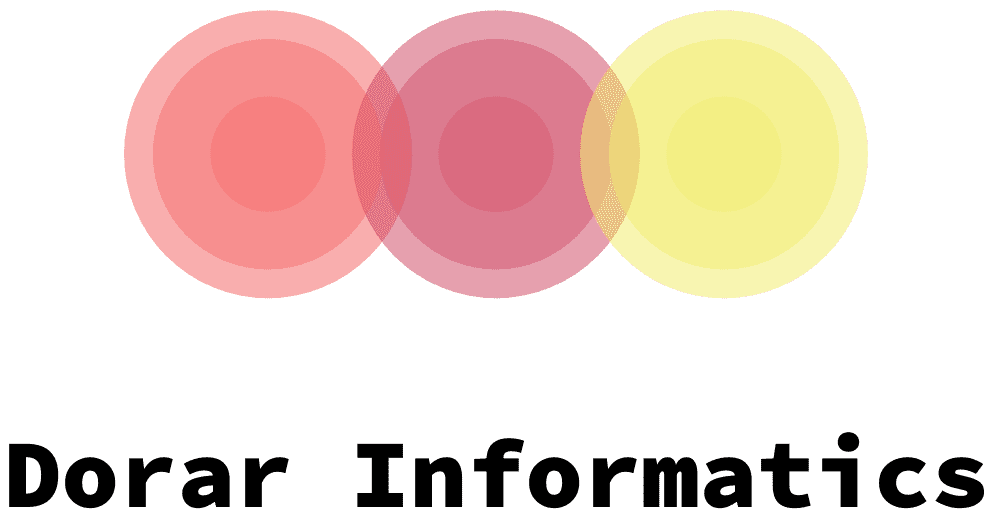Mortgages are loans used to purchase or refinance a home. The lender gives you an amount specific for buying the house or borrowing against the value of your current residence, and you agree to repay it over a specified number of years.
Loans
A mortgage is a type of loan you can use to buy or refinance your home. It’s secured, meaning the real estate property serves as collateral for the money borrowed.
When looking for a mortgage, there are various options to choose from, each offering its own advantages. Make sure that the one you select meets both your needs and budget requirements.
Credit unions typically provide low down-payment options to help first-time homebuyers break into the market. Furthermore, they provide piggyback loans to borrowers who wish to forgo private mortgage insurance (PMI) payments.
Mortgages are usually paid off through periodic payments to the principal and interest. This process, known as amortization in the United States and repayment mortgage in the UK, takes several forms.
Escrow accounts
Escrow accounts, sometimes referred to as impound accounts in certain regions of the US, provide your lender with a means of collecting and disbursing funds for taxes, insurance premiums or other costs associated with your home loan. They enable you to make monthly payments for property taxes and homeowners insurance instead of one large lump sum each year.
Escrow accounts are commonly used in real estate transactions, but they can also be beneficial in other situations like a car or home inspection that must take place before the sale is finalized. An escrow account safeguards your deposit money if there are issues during the home inspection that prevent you from purchasing the home.
Lenders must provide you with a detailed breakdown of your escrow account within 45 days after setting it up, as well as an annual statement outlining expected costs. Furthermore, your loan servicer must conduct an escrow analysis to guarantee that the portion of your mortgage payment designated for escrow covers taxes and insurance premiums due each year while keeping the account balance at its current level.
Down payments
A down payment on a mortgage is money you pay upfront when purchasing a home. The amount needed depends on several factors, such as the loan type you select and your personal financial situation.
A higher down payment often leads to a lower interest rate and smaller monthly payments of principal (the part of the loan you owe) and interest. This could give you more room in your budget for other financial goals as well.
However, a high down payment can also come with risks. It could mean you must pay private mortgage insurance (PMI), an additional fee on top of your regular mortgage payment. Over time, this extra cost could accumulate and make homeownership more challenging.
Interest rates
Interest rates are an integral component of mortgage financing and can have a substantial effect on your monthly payments. A low rate may make the loan more manageable and help you pay it off sooner.
Your lender will determine your mortgage rate based on several factors, including your credit score and other financial data, as well as market conditions. These could include the Federal Reserve’s short-term interest rate which controls money supply in the U.S.
A higher rate can cause your monthly payments to skyrocket, while a lower one could save you thousands of dollars in interest over the course of your loan.
Your mortgage rate will adjust over time as market conditions shift, so it’s important to stay informed. The most efficient way of doing this is by comparing multiple lenders’ quotes.




